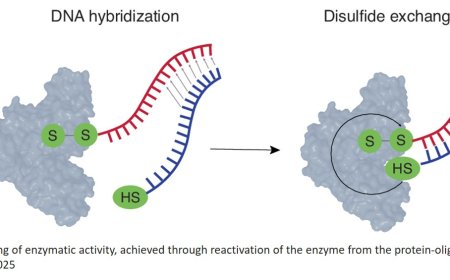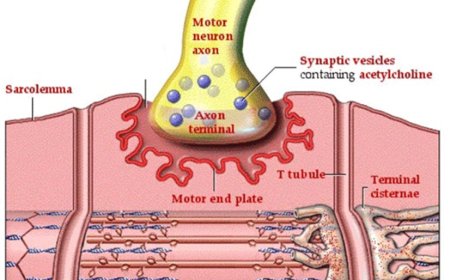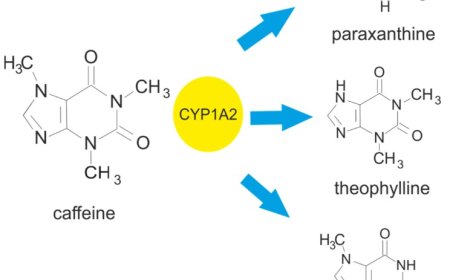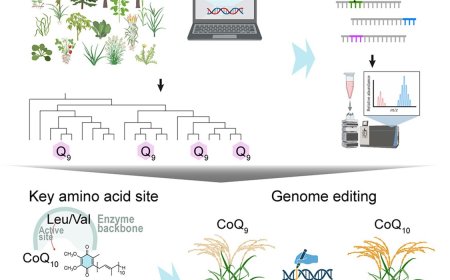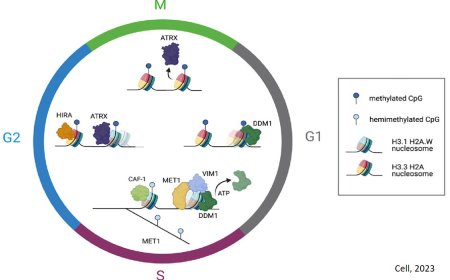Plant proteins identical to human proteins identified!
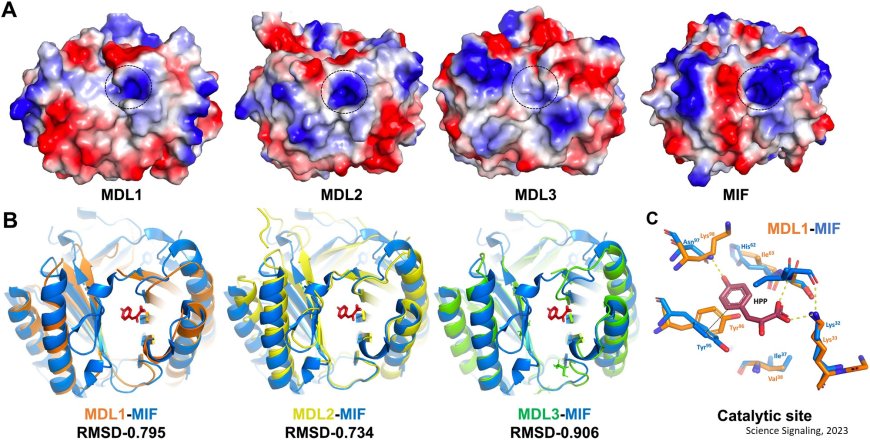
The human immune system is based on cells that communicate with each other via signaling molecules known as cytokines and chemokines. One of these signaling molecules is the protein MIF (macrophage migration inhibitory factor). It plays an important role in the regulation of various immune reactions by binding to suitable receptors of various cell types in a ternary complex, thereby activating certain signaling pathways in these cells.
Surprisingly, there are plant proteins that are very similar to the human MIF protein in the sequence of their individual building blocks (amino acids) and these are referred to as MDL proteins.
A research team has now shown that MIF and MDL proteins are also astonishingly similar in their spatial structure.
The scientists also found that the plant MDL proteins bind to the receptors of the MIF protein, alone or in complexes with the human MIF protein, and are thus able to activate immune-relevant signaling pathways – in some cases more efficiently than the human MIF protein alone.
This unexpected finding, which has now been published in the journal Science Signaling suggests that plant MDL proteins may modulate the human immune system via this mechanism.
This scenario could play a role, for example, in immune reactions triggered by plant particles (such as hay fever or skin reactions), intolerances to plant foods, or the mechanisms of action of herbal medicines.
However, further research is needed to establish whether this is actually the case.
